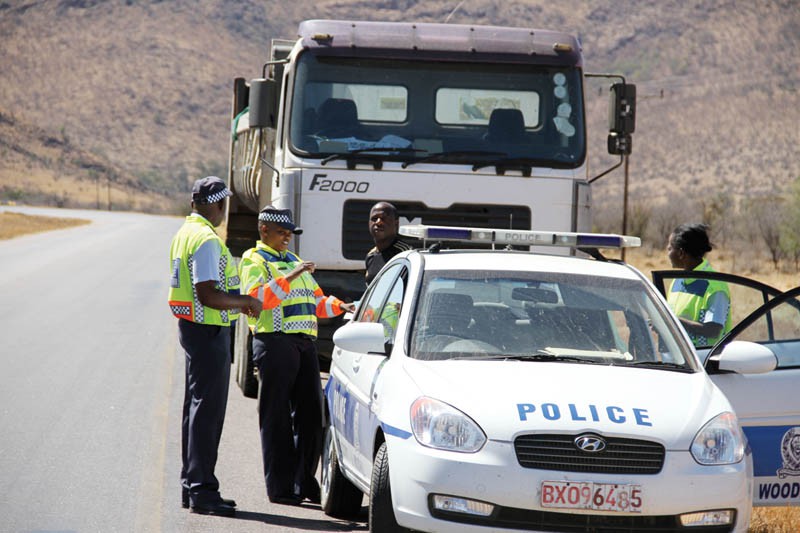CoA to rule on vehicle flagging regulations
Tsaone Basimanebotlhe | Wednesday January 28, 2015 12:00


The three operators, Mokoka Transport and Plant Hire, JNG Express and Thiphe Holdings moved to the Court of Appeal after the High Court declined to grant their prayers last year. In their application to the High Court, the operators wanted a declaration that the Motor Vehicle Flagging Regulations that were introduced into the Road Traffic Act in 2010 by the then Minister of Transport and Communications, Frank Ramsden unconstitutional.
“….all provisions of Statutory Instrument No 122 of 2010 which provide [for] motor vehicles to be flagged by the Department of Road [Transport]and Safety on the issuance of a traffic ticket or other accusation of an offence under the Road Traffic Act[Chapter 69:01] be and hereby struck down and declared as of no legal force and effect,” the operators argued.
However, the High Court declined to grant the orders sought by the bus operators who then moved to the Court of Appeal. In the appeal the operators argued that the said regulations contravene their constitutional and fundamental rights to be presumed innocent until proven guilty in a court of law. They said their right to a fair hearing, to confront their accusers and the right to legal representation are violated by the regulations.
The parties further argued that liability should not be attached to the owner of a vehicle, as is the case under the section in question, but rather with the driver of the vehicle. They also want the Department of Road Transport and Safety (DRTS) to first notify the owner of the vehicle that they want to flag.
They said this will prevent a situation where vehicle owners only get to learn that their vehicles have been flagged when they try to carry out a transaction against their vehicle.
Mokoka, who is the first applicant argues that he went to renew permits for two of his vehicles, but was barred from doing so “because the vehicles had been flagged, [and] was informed that he could not renew the permits unless the traffic charge for the flagged vehicles had been settled”. He argued that despite his protestations and his refusal to admit guilt, and having not been convicted of any offence, the DRTS still barred him from renewing his permits.
“In order to mitigate its losses, the first applicant, under protest, paid the sum of P1,440 around 30th May 2011 to secure removal of flag so it could renew its permit.”
The other two applicants’ said they suffered the same fate, not once, but several times. The operators argued that the regulations had not been passed through Parliament and as such were invalid.
While opposing the application, the Attorney General (AG) conceded that vehicle owners should be notified in time to cater for their right to defend themselves.
The AG argued that the regulations were in public interest; that they do not violate any of the applicants’ rights and that they were properly promulgated.
The respondents in the matter are Attorney General, Ramsden, Orapeleng Mosigi as then director of Road Transport and Safety, and former Police Commissioner Thebeyame Tsimako.
